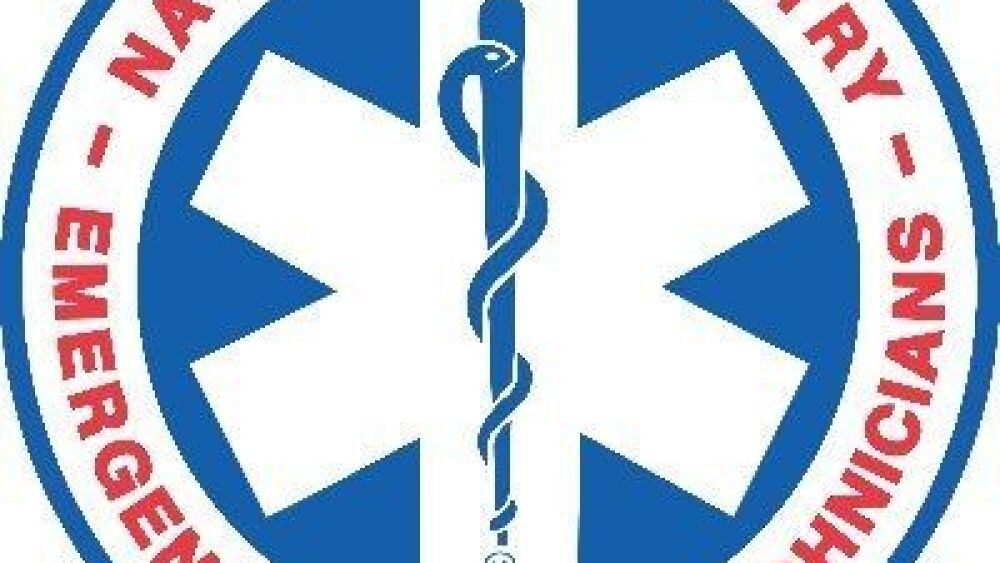Like most EMS advocates and educators, I read with some dismay the proposed NREMT resolution on eligibility criteria for initial EMS education. In the resolution, NREMT proposes expanding eligibility requirements, allowing candidates from state-approved paramedic education programs that do not hold CAAHEP accreditation or have not begun the accreditation process (the CoAEMSP “Letter of Review).
Read more:
NREMT resolution may lead to change in certification requirements
All levels of certification for EMS providers would be affected; the public comment period is open
I believe this is a step backward for the EMS profession, and intend to voice that opinion during the comment period that is open for 60 days.
I am told that during a NASEMSO meeting held after the resolution was released, that it was met with near-unanimous disapproval from the state EMS officials present, and some degree of resentment that apparently NREMT did not consult with NASEMSO beforehand.
Of the many paramedic program directors I know, the vast majority of them are dissatisfied with CoAEMSP accreditation process, one they find needlessly complex and time-consuming; what should take months, takes years, and they feel that CoAEMSP is deaf to their concerns.
It seems to me that the CoAEMSP accreditation process needs to be streamlined and made more user-friendly, and NREMT’s solution may represent an effort to hasten that. Then again, it may also be an attempt by NREMT to placate several states who are threatening to jump ship from the NREMT and go back to their own certification process.
Either way, I think the EMS profession could withstand a weakened CoAEMSP far easier than it could a weakened NREMT accepted by fewer states. What the NREMT resolution did not include was any language that would roll back the long-standing requirement that all initial paramedic education programs be housed within a college or university or hold an articulation agreement with a college or university.
Perversely, this resolution may actually make implementing a minimum degree requirement for paramedic certification easier; if colleges awarded degrees for paramedic students, then the burden of administrative oversight and quality assurance could be shifted to the accreditation body for the college, such as the Southern Association of Colleges and Schools (SACS).
The bad old days of holding paramedic classes in the apparatus bay of the firehouse are not coming back, but this resolution is still a step backward. If you feel the same way, be sure to make your opinions known to NREMT.
What do you think? Is expanding eligibility a step in the right direction? Sound off in the comments below or email us at editor@ems1.com.














